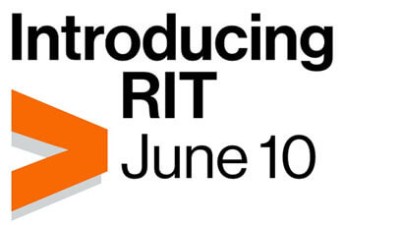Every year, one of the most common topics that is on an incoming MS-CS student’s mind at RIT is bridge courses. These are a set of three graduate level courses that the CS department requires every student to be well-versed with before proceeding with other graduate courses. They “bridge” the gap in knowledge.
These courses are in place because the department probably saw that a number of CS graduate students were not up to the mark when it came to fundamental programming skills. Nowadays, almost every admitted MS-CS student who has not obtained an undergraduate CS degree from a US university is required to complete these bridge courses.
The three courses are “Advanced Object Oriented Programming (using Java)”, “Computational Problem Solving (using Python)”, and “Foundations of Computer Science Theory”. If a student is assigned to any or all of these courses, the only way to let the department know that they already possess the technical skills offered in the course(s) is by taking up and passing the corresponding bridge waiver exams successfully. So if a student feels that they were assigned a particular course by mistake, they must take and pass the waiver exam(s).
These waiver exams are held on the day of the department orientation, are of 1 hour each in duration, and cover all the topics that would be taught in the course itself. The exams would be a combination of multiple-choice, short answer, medium answer, and long answer questions. They would test a student’s knowledge on the subject thoroughly.
I had a non-CS background coming in to the CS grad program here so I needed the bridge courses. In my experience, most students who took up the bridge courses felt like they benefited from the practice they got by solving the weekly assignments and studying for the midterms. The coursework of these courses definitely helped in my interview process.
Many incoming students would hear that these bridge courses are extremely difficult to clear. Although I did not take up the option of sitting for the waiver exams, I believe that one of the major reasons why a small number of students clear the waiver exams is because of the clear gap in knowledge and maybe the fact that most students end up either taking the waiver exams lightly or do not even turn up for them.
Every incoming student would love to clear one or more waivers since that would mean saving on the cost of those courses. However, I feel that by trying to clear all three in one go, students end up not doing well enough in any. Unless a student is extremely confident in their abilities and knowledge of a particular bridge course, I would honestly recommend students to pick and choose their strongest course and put all their efforts into clearing that.
- Krishna Tippur Gururaj, Computer Science MS alum










